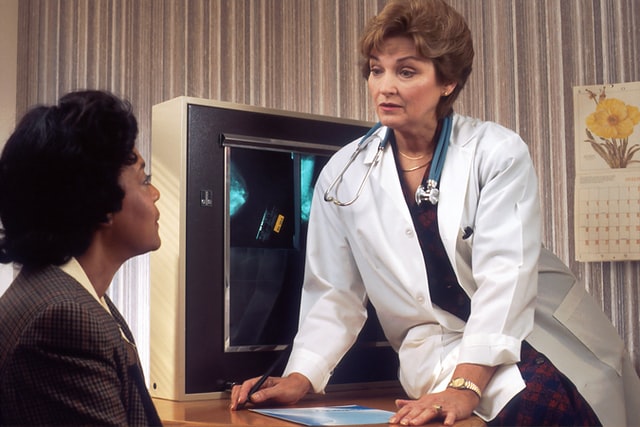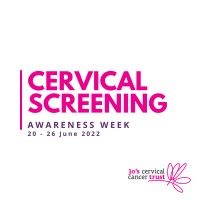For the week that’s in it – Cervical Screening Awareness Week – we have pulled together a round-up of the cervical screening related blogs we have published over the last year and an overview of our main achievements in cervical screening research.
On the blog…
We discussed:
1) How important is cervical screening for gay & bisexual women?;

2) Three Psychological Profiles of People Testing HPV-Positive at Cervical Screening;

3) How Wales has increased the cervical screening interval for women aged 25-49 from 3 to 5 years;
4) Things we can do to make increased cervical screening intervals more acceptable;

and most recently a short series summarising;
5) The history of cervical screening in England Part I and Part II.

Our main achievements..
1) The YouScreen Study
We are also extremely proud to have successfully completed recruitment to the YouScreen HPV self-sampling trial. YouScreen integrated self-sampling into the NHS for the first time, offering kits to approx. 31,000 women and people with a cervix overdue their screening in parts of North and East London a self-sampling kit.
 2) Non-Speculum Clinician Sampling
2) Non-Speculum Clinician Sampling
Another achievement we made is publishing our work on another novel sampling approach for cervical screening: non-speculum clinician-taken samples. Our RCT concluded that offering non-speculum sampling and self-sampling boosts cervical screening uptake by 17% in older women who had lapsed attendance. You can find out more here
 3) Cervical Screening Intervals
3) Cervical Screening Intervals
We recently published our screening intervals paper (read here). The conclusion is that an extension of the screening intervals to five years after a negative HPV test in women aged 25-49 years, and even longer for women aged 50 years and older is supported, regardless of the test assay used.
We look forward to making more contributions to improving the future of cervical screening over the next year, and sharing these with you. Every achievement brings us closer to the elimination of cervical cancer!

Now over to you….
Is there anything you would like to hear us to talk about? Leave us a comment to let us know!
We are also always looking for members of the public who would like to get involved in helping shape our research. You can find out more here.



